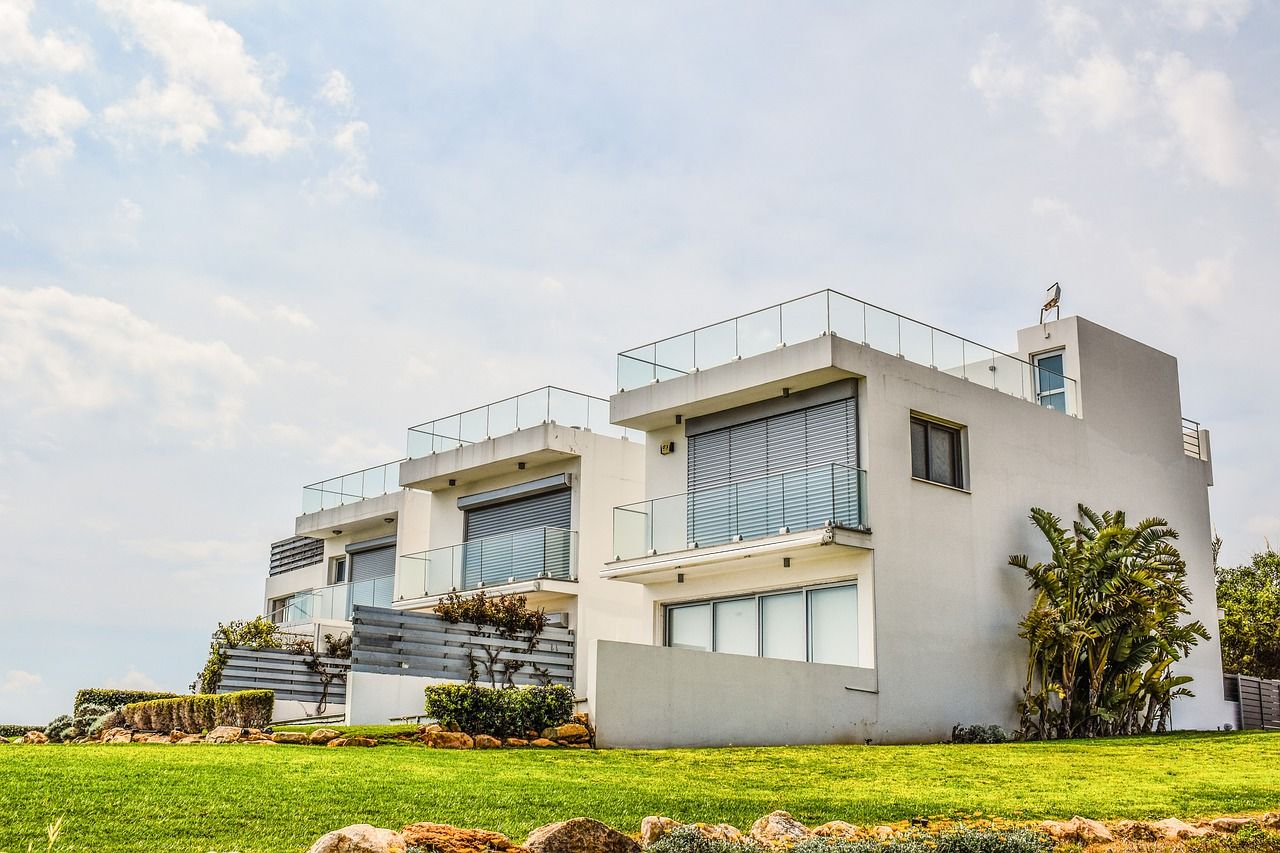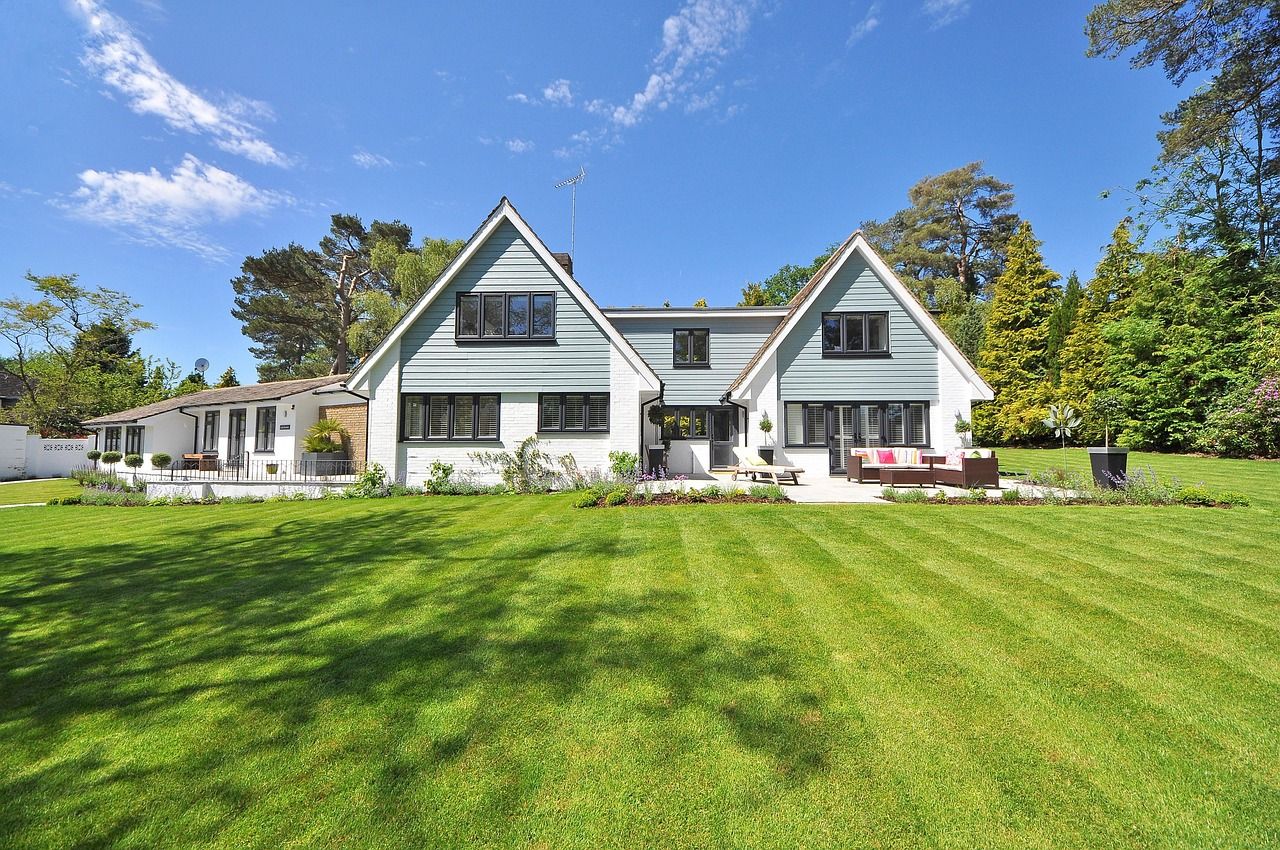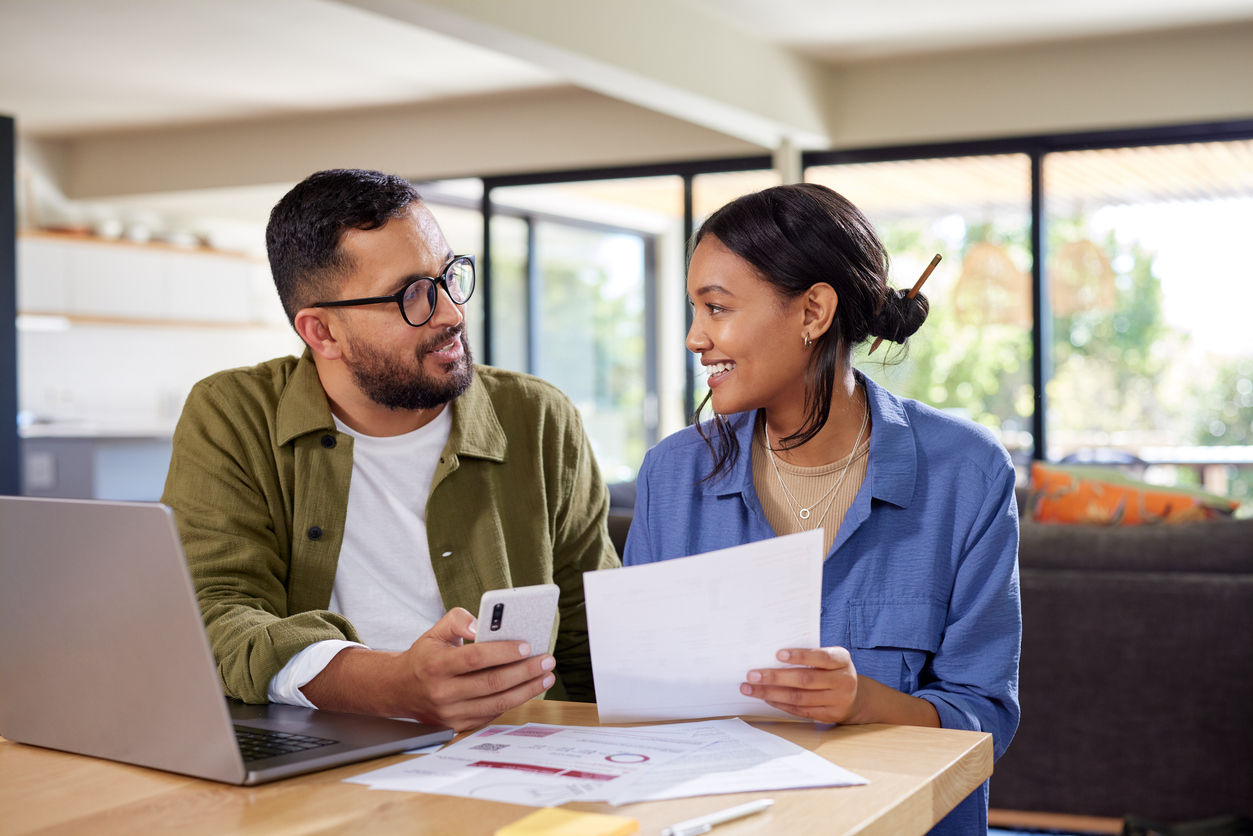How to Buy a Second Home With No Down Payment
There are several reasons to consider buying a second home. You can buy a vacation house that your family will escape to on long weekends and over summer break, or you can pick up an investment property that supports you financially in the long run.
One of the challenges many buyers face when looking into second homes is the cost. They might not be able to make a cash purchase on the property and aren’t sure about their financing options. Fortunately, there are many ways to buy a second home – even if you don’t have a large down payment.
Here’s how to buy a second home with no down payment depending on your financial situation and loan preferences.
Can You Actually Buy a Second Home with No Down Payment?
There’s a common misconception that you can’t buy a second home without a down payment. However, the reality is that people purchase properties with minimal money down all of the time.
According to the National Association of Realtors, first-time homebuyers have an average down payment of only 7%, while repeat home buyers have an average downpayment of only 17%. In some cases, you might be able to purchase a house with less than 5% down.
Lenders are mostly concerned with risk. While they look at down payments as a way to reduce the amount of money they stand to lose on a loan, they will also consider other financial factors. If you have a low debt-to-income ratio (meaning you have few debts) and a high credit score, you might still get a favorable loan rate.
One of the main things to consider when buying a second home is the interest rate of the loans offered to you. Some lenders charge more for loans on secondary residences, so you could end up paying more to the bank.
This is often where the myth that you need a large down payment to buy a second home comes from – buyers simply want to use cash to lower their interest rates.
Financing Strategies for a No Down Payment Second Home
There are multiple ways to secure financing on your second home without a large down payment. Get to know your options, their benefits, and their drawbacks before moving forward.
Government-Backed Loans
The first place to look when you want to buy a second home is government-backed financing. Many conventional loans are protected by the government and are authorized for second properties. Here are a few options to consider.
- FHA loans: It is possible to secure an FHA loan on a second home. However, these loans are focused on occupancy. At least one borrower must live in the home, which cannot be used as a vacation property or timeshare. Remember, there are some exceptions for rehabilitation properties, so look into 203(k) FHA loans if you are interested in buying a fixer-upper.
- VA loans: Similar rules apply to veterans interested in securing a VA loan. You can only do this to buy a primary residence where one borrower will live in the property throughout the year. The same rules apply to USDA loans.
The restrictions on funding through VA loans and USDA loans reflect the nature of these lending programs. The VA wants to help veterans buy houses while the USDA wants to promote rural economic development. The USDA guidelines explicitly state, “It is not the intent of the [Single Family Housing Guaranteed Loan Program] to assist borrowers in building an investment portfolio..”
However, you should be able to work with a private bank or mortgage lender to secure your second home with no money down.
Assumable Mortgages
If you don’t want to go through the process of taking out a conventional loan – but don’t mind having one – you might look into assumable mortgages. With this agreement, a buyer takes over the existing mortgage of the seller. They have the same principal, amount owed, and interest rate. Instead of applying for a fresh mortgage, the buyer simply has the payment dues transferred to them.
This is a popular option when interest rates are high. The buyer is eager to take on the house with the lower interest rate so they don’t have to pay hefty fees to the bank. This could be a good option for buying a home with a small down payment if the current owner doesn’t have a large part of the principal paid off.
Reverse Mortgages
It’s not uncommon for homeowners to have a lot of equity in their houses even if they don’t have a lot of cash in the bank. A reverse mortgage allows you to tap into that existing equity by selling your house back to the bank.
Reverse mortgages are designed for people who are older than 62. The amount of money you can borrow is based on the equity in your home. If you own your house outright, you can get an appraisal to understand your equity. You can only get a reverse mortgage on your primary residence and you need to have paid off a large portion of the mortgage already.
Taking out a reverse mortgage could be a good way to get a down payment on another property – especially if you want to buy a house to retire in and transition to that new primary residence in the next few years.
Equity Gifts from Family Members
There are times when you might take on a second home because a relative is looking to move out of their current property. In this case, you might not need a down payment at all because of the gift of equity.
Here’s how it works, a seller will get the home appraised to understand its market value. The seller will then sell the house at a lower price than that appraisal. The savings are considered equity in a home and can be used as a down payment.
For example, two parents are planning to move into assisted living and are ready to sell the family home. Instead of selling the home on the market for $400,000, they sell it for $320,000 to their adult child. The gift of equity is $80,000 in this case, or 20% of the home’s value. This equity serves as a down payment so the adult child can then apply for a home mortgage.
While this could be a good way to buy a second home without a down payment – especially if the parents are passing on a vacation house to keep it in the family – there are still legalities to follow. Along with a formal appraisal, the seller will need to provide a signed gift letter that explicitly states the dollar amount of the gift, even if no money is actually exchanged.
Learn more about how to sell a house to a relative if your parents are trying to decide what to do with their property as they enter the next phase of their lives.
Lease with Option to Buy
Even without a down payment, you can take steps to move into a second home within the next few months. A recent survey by the Motley Fool found that 79% of Americans would consider a rent-to-own agreement to buy a house.
There are two types of rent-to-own options. With a rent-to-own option, tenants are able to consider buying the house after a brief period. With a lease-purchase agreement, the tenants are committed to buying the house after their rental period is over. The latter option provides less flexibility but guarantees that the deal will go through.
There are both pros and cons of this option. The pros are that you can buy a home without a down payment or even a good credit score. You can also move in as soon as your landlord approves the deal. However, the drawbacks often come with significant financial risks. You might have to pay a much higher rent to the landlord than you pay to others in the area. You also lock in the value of the home during the signing of the agreement, which is a risk if the home value drops.
If you are interested in this option, do your research beforehand to mitigate risk while securing your second home.
Home Equity Loan Applications
One of the benefits of buying a second home is that you can tap into the equity of your current one. A home equity loan takes the value of your current property and allows you to borrow cash against it. Essentially, your primary residence becomes your collateral.
The first step is to get your home appraised. The estimated value minus what you still owe on the home is your equity. Your lender will then tell you what size home equity loan you qualify for.
As an example, if your primary residence is worth $400,000 and you owe $100,000 on your mortgage, then your equity would be $300,000. Most lenders have limits where you can only borrow 75% to 85% of your home’s equity. Your lender might approve $225,000 for a home equity loan, which means you owe the bank $325,000 but have a large down payment – or full cash payment depending on the property – in hand.
This is often a popular way to secure a down payment because your home equity loan can vary depending on your needs. You might only take out a small loan against your primary residence – just enough for a 20% down payment on your investment property.
Retirement Savings
One final option to procure a down payment is to pull from your retirement account. You can cash out some of your accounts and use the money to cover the cost of your second home. However, the IRS has limits on when you can cash out these accounts if you are younger than 59½. You might end up paying extra taxes on the money, lowering the amount you can use for a down payment.
Advantages of Low or No Down Payment Purchases
It might be tempting to wait until you have a large down payment to buy another house. However, there are several reasons to consider this option. Here are just a few advantages of low or no down payment purchases.
- The sooner you start paying it off, the sooner you own the property. In the time spent waiting to build up a down payment, you could have paid off a large chunk of your mortgage already.
- You can take advantage of favorable markets. If you think a market is about to get hot in a certain area, you can take advantage of lower prices before they rise.
- You can start collecting rent. If you want to purchase a second home as an investment opportunity, you can immediately collect rent as soon as the property is livable. This could overcome extra costs like private mortgage insurance or higher interest rates.
- You can enjoy your second home sooner. Buying a vacation house doesn’t have to be a long-term dream. You can start enjoying beach getaways and weekends at the lake as soon as the weather is nice.
Consider your down payment options and decide whether you can secure a home without a large down payment or if you can use your equity and mortgage options to secure enough cash to get your offers accepted.
Pitfalls to Consider
That being said, there are certain drawbacks if you intend to purchase a second home without a large down payment. Your actions could significantly impact your finances and place you in a risky situation over the next few years. Here’s what you need to know.
- You will likely have to pay a higher interest rate. Lenders often set higher interest rates for second homes. These rates could get even higher with a small down payment. A good credit score and debt-to-income ratio can only go so far.
- You could overextend your finances. While you might be able to handle two mortgage payments when times are good, it could be hard to keep up if you face personal finance challenges.
- The housing market could turn. If you decide to sell your second home, you might not get as much for it if the market changes. This also poses a challenge for home equity loans if you base your property values on the current market and it tumbles in the future.
- You could have a harder time getting loans for emergency expenses. Lenders look at all of your debt before they approve a loan. You might not get favorable funding if you have two mortgages to cover.
Even if you want to buy a rental property and collect monthly payments from your tenants, a second home could cause financial problems. An unexpected cost, like a new roof or broken HVAC system, could put pressure on your finances.
Buy a Second Home on Your Terms
Buying a second home is a great way to start your next chapter in life. However, it’s important to carefully weigh your options so your family benefits from this decision in the short and long term. While some loans might seem like ideal solutions now, they might affect your finances a few years down the road. Decide how to buy a second home with no down payment on your terms.
Once you have an idea of how you want to fund your second home, contact a Realtor to start the home search. The professional real estate agents at FastExpert can help you find a dream vacation house or investment property that meets your needs. You can compare Realtors and interview them before you hire the best one.
Choose the best partner to buy your future property. Use FastExpert today.





